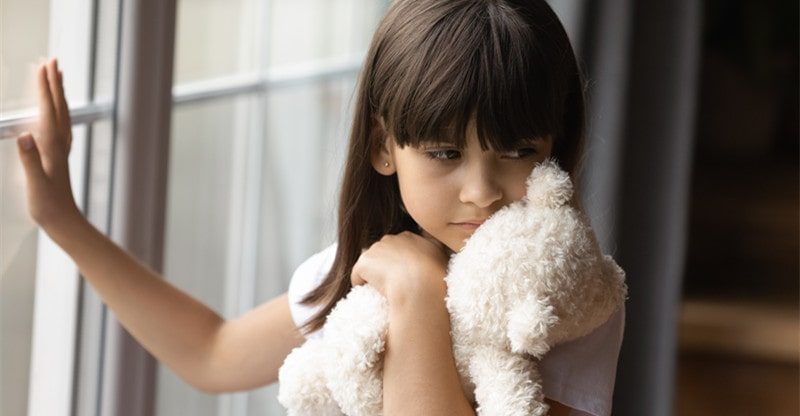The Impact of Childhood Trauma on Adult Relationships and How to Heal from It
“One of the luckiest things that can happen to you in life is, I think, to have a happy childhood.” — Agatha Christie
Understanding the impact of childhood trauma on adult relationships
Some common effects of childhood trauma on adult relationships include:
• difficulty trusting others;
• fear of intimacy;
• low self-esteem;
• self-destructive behaviors (e.g., substance abuse or promiscuous sexual activity);
• problems with effective communication.
A loving someone with childhood trauma requires patience and understanding. It is important to recognize that his behavior and reactions may be based on past experiences that he has not yet fully processed. Encouraging him to see a therapist or counselor can be helpful in addressing these issues and developing healthier relationship habits.
By working together, couples can heal from the effects of childhood trauma and create a fulfilling, loving partnership despite any challenges along the way.
Identify triggers and patterns in your current relationship
Once you have identified potential triggers and patterns of behavior, it is important to discuss them with your partner. This will help you work together to create a healthier relationship. It’s also important to remember that healing from childhood trauma is an ongoing process, and setbacks can occur along the way.
Understanding the causes of divorce can also shed light on how childhood trauma affects adult relationships. Some common causes of divorce include:
• Infidelity;
• Communication problems;
• Financial problems.
By addressing these underlying issues through therapy or counseling, couples can avoid divorce and build stronger and more fulfilling relationships over time.
Examining and overcoming negative beliefs about yourself and relationships
This is how you can learn to trust others again, improve your self-esteem, and build healthier relationships. This process may take time, but it is worth the effort.
Understanding the reasons for divorce in PA can also reveal how ingrained patterns of behavior from childhood trauma can affect your relationships in the future. By addressing these patterns in therapy or counseling, individuals and couples can avoid the following common causes of divorce:
• Lack of commitment;
• estrangement from each other;
By taking proactive steps to heal from childhood trauma and develop healthier relationship habits, individuals can create fulfilling partnerships that will stand the test of time.
Developing healthy communication skills
It’s also important to realize that everyone communicates differently, especially when dealing with childhood trauma. Encouraging your partner to express themselves in the way they feel most comfortable can help build trust and intimacy.
Healing from childhood trauma takes time and effort, but it is possible. By working together as a team, couples can overcome issues related to past experiences and build a healthier relationship based on mutual respect, understanding, and love.
Learn to set boundaries and prioritize self-care
Some ways on how to do this:
• learn to say “no” when necessary;
• taking time for yourself on a regular basis;
• seeking support from friends or family members;
• practicing mindfulness or meditation.
Remember that setting boundaries may seem uncomfortable at first, but it will ultimately benefit both partners in the long run. By taking care of yourself, you will have more energy and emotional resources to support your partner on their healing journey.
Dating a man with childhood trauma can be difficult, but with patience and understanding, you can build a fulfilling relationship. By recognizing the impact of man, identifying triggers and patterns in current relationships, exploring negative beliefs about self and relationships, and learning to set boundaries and prioritize self-care, couples can heal from all past wounds together.
See a therapist or counselor to process the trauma and learn coping strategies
Therapy can also help people understand how their childhood traumas affect their current relationships. This may include exploring the following topics:
• difficulties trusting others;
• fear of intimacy;
• self-sabotaging behaviors.
By identifying these behaviors, the person can work with the therapist to develop tools to overcome them.
Building a support system of trusted friends, family members, or professionals
It is important to remember that healing from childhood trauma is not something that can be done alone. Seeking help from trusted professionals, such as therapists or counselors, can also play an important role in the process. These professionals have the training and experience to help people process past trauma and build healthier relationships in the future.
Healing from the effects of childhood trauma on adult relationships takes time, effort, and commitment to identifying triggers and patterns in current relationships, examining negative beliefs about self and relationships, understanding the causes of divorce that may be related to childhood trauma, building a strong support system of trusted friends or family members; or seeking professional help – people can take proactive steps toward creating fulfilling partnerships despite past problems they may have encountered due to traumatic.



